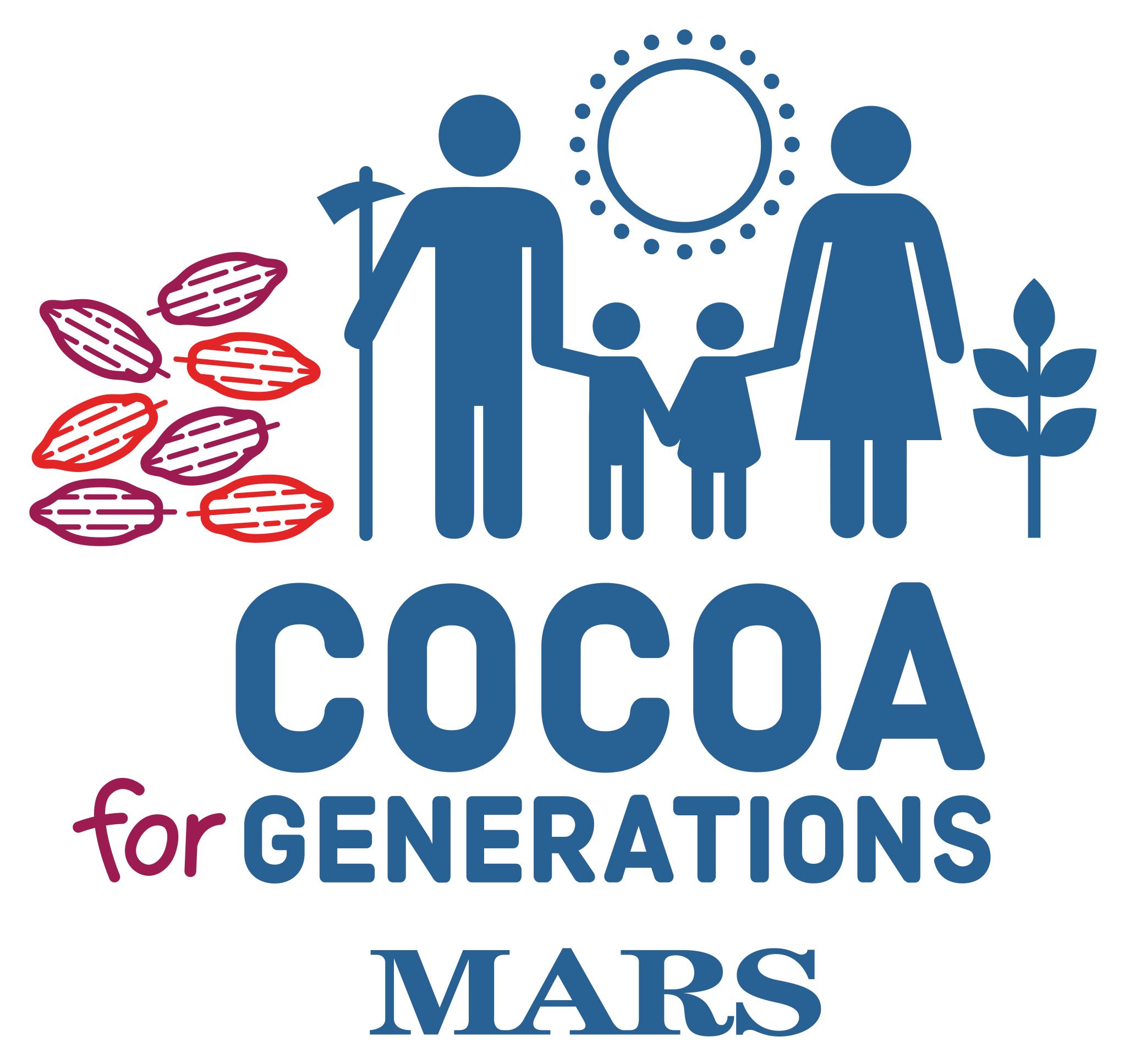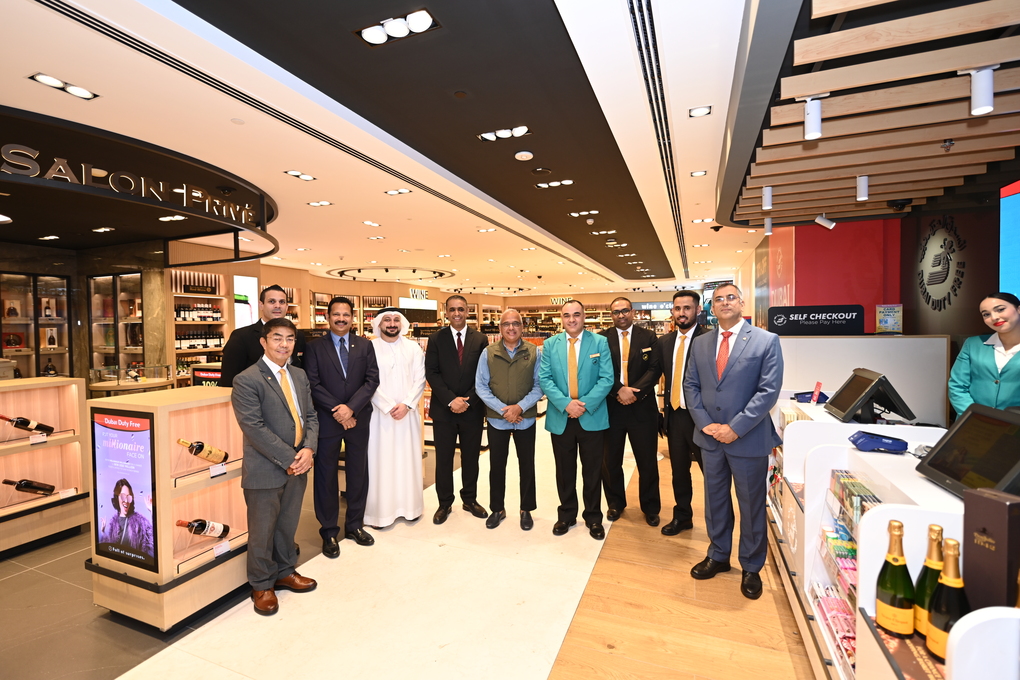 Publisher’s introduction: The Moodie Davitt Report has launched a feature series dedicated to Corporate Social Responsibility within the travel retail channel.
Publisher’s introduction: The Moodie Davitt Report has launched a feature series dedicated to Corporate Social Responsibility within the travel retail channel.
‘Duty Calls’ focuses on the industry’s many environmental and socially responsible initiatives around the globe, where people and the planet are the priority. Here we examine a major initiative from chocolate-to-chewing gum giant Mars Wrigley Confectionery that fits that bill exactly.
USA. Mars Wrigley Confectionery, the multi-national business behind many category-leading confectionery brands in travel retail, has today revealed ambitious plans to overhaul its cocoa supply chain.
Named Cocoa for Generations, Mars, which is one of the world’s largest buyers of cocoa, said that the plan places the interest of the smallholder farmer at its centre. It added that it will help to safeguard children and forests, and creates a pathway for cocoa farmers and cocoa-growing communities to thrive.
The company’s latest sustainability move comes after Mars CEO Grant F. Reid last year warned that the “global supply chain is broken”, and that businesses needed to make a “huge step change” in order to deliver on the climate targets agreed in Paris and the UN Sustainable Development Goals.
Cocoa for Generations is backed by a pot of U$1 billion over 10 years from Mars’ Sustainable in a Generation Plan investment announced in 2017.

Mars Wrigley Confectionery Global Vice President – Cocoa John Ament said: “For nearly 40 years we’ve been working to achieve sustainable cocoa production. While we’ve made progress, including reaching nearly 180,000 farmers with sustainability certification, we are impatient with our pace of progress and of the cocoa sector overall.
“We don’t have all the answers but our first step is to put the farmer at the centre of our ambitions and actions. We plan to inspire others and work together to ensure cocoa for generations.”
Cocoa for Generations consists of two pillars – Responsible Cocoa Today and Sustainable Cocoa Tomorrow. Through the former, Mars said that it aims to have 100% of its cocoa from the Responsible Cocoa programme – which requires systems in place to address deforestation, child labour and higher incomes for farmers – responsibly sourced and traceable by 2025.
Through the second pillar, Mars hopes to “demonstrate that a step-change in farmer income and livelihoods is possible”. In partnership with an initial group of 75,000 cocoa farming families and cocoa suppliers, the confectionery giant said that it plans to test ways to increase productivity, income, resilience, and overall sustainability. This will be achieved, it added, through crop and income diversification, gender programmes, village savings, loan models and farm development plans.
“We don’t have all the answers but our first step is to put the farmer at the centre of our ambitions and actions. We plan to inspire others and work together to ensure cocoa for generations.” – John Ament, Mars Wrigley Confectionery
In parallel, Mars said that it will work with the industry, governments and other civil-society partners to seek shared solutions and mutually-beneficial results for cocoa farming families.
A spokesperson for Fairtrade said that it applauded Mars “for recognising the role of the smallholder farmer at the heart of any ambitious plan in cocoa sustainability”.
Rainforest Alliance Chief of Sustainable Supply Chains Britta Wyss Bisang also welcomed Mars’ new sustainability strategy: “We can all agree there needs to be a change on the ground for farmers, their families and forests. We commend Mars for deepening its commitment to cocoa producers, and for recognising that step-change in action on the ground is needed.
“We look forward to furthering our relationship with Mars as this is well aligned with our new strategy, which puts more focus on collaboration between producers, NGO’s, companies and governments.”
FOOTNOTE: If you have CRS projects, big or small, that you would like featured in Duty Calls, please contact Michael Barrett at Michael@MoodieDavittReport.com















